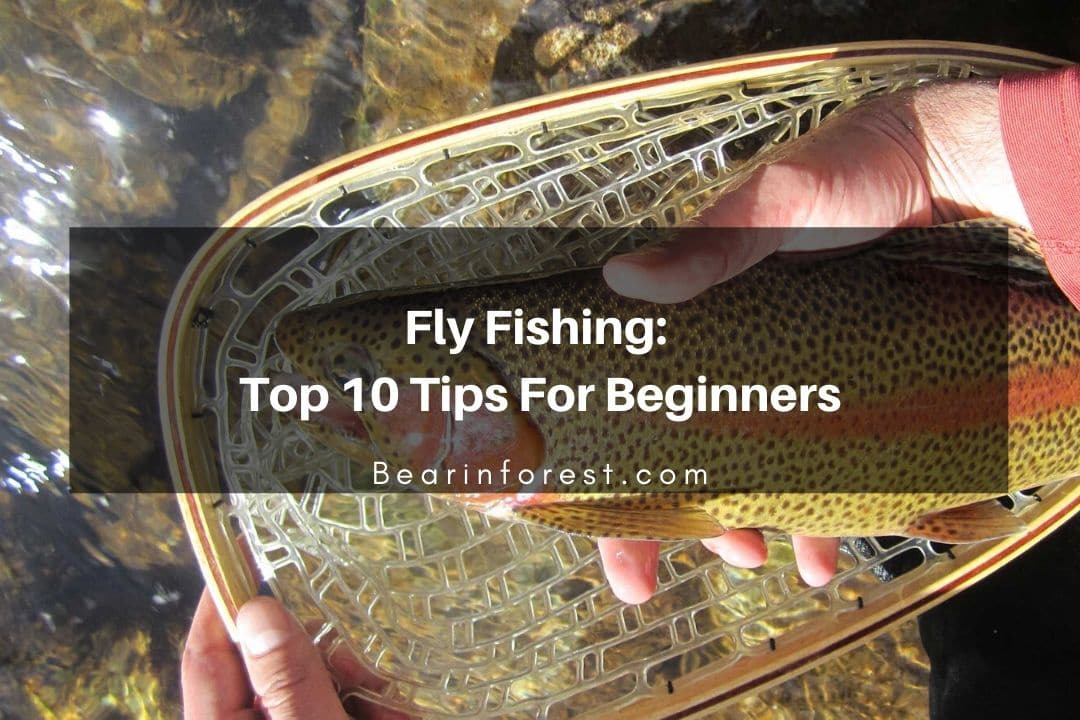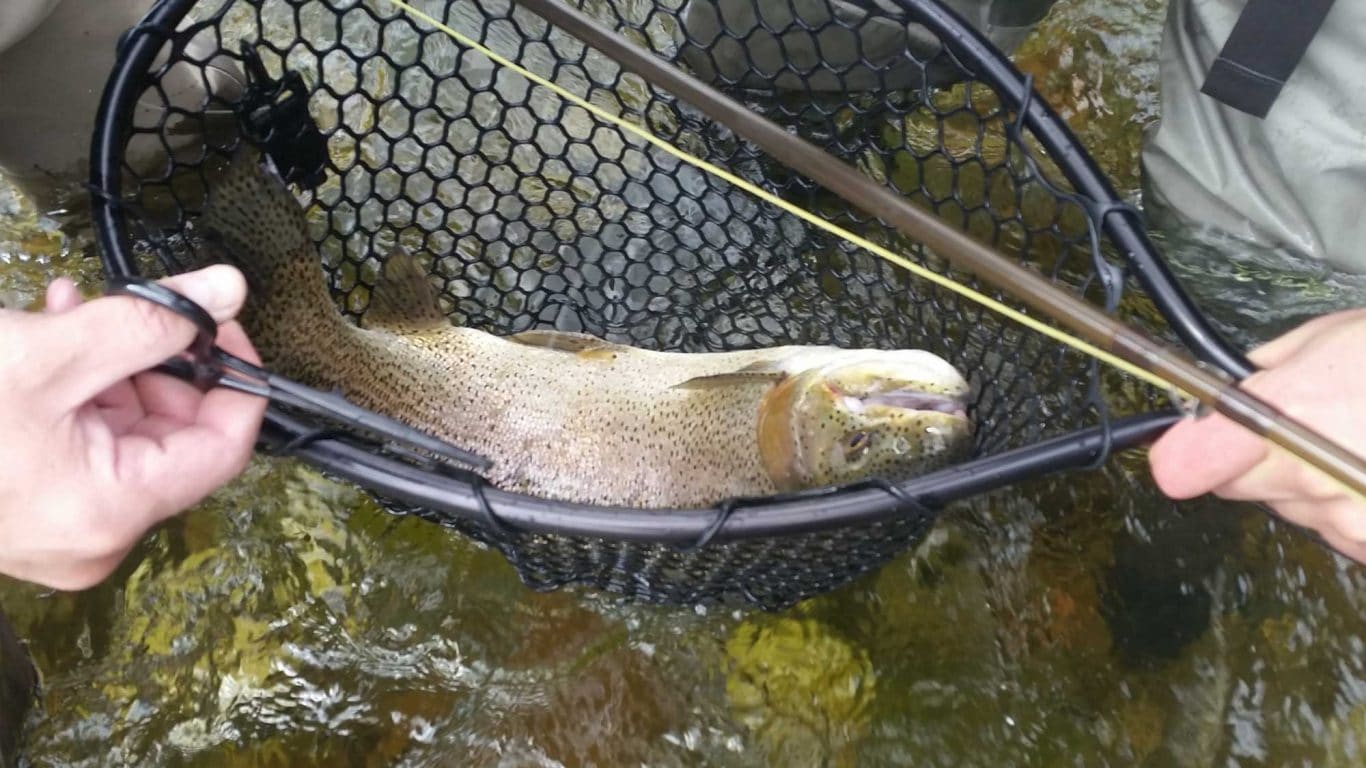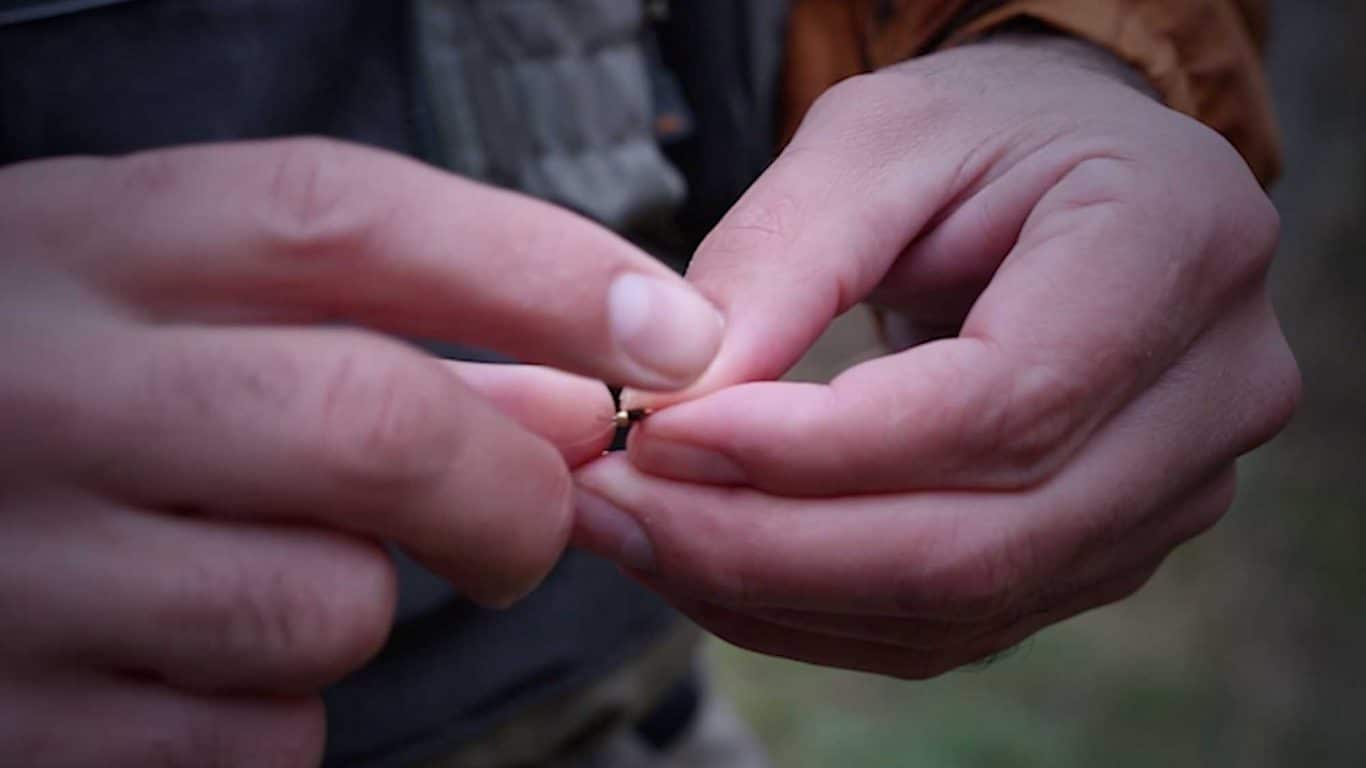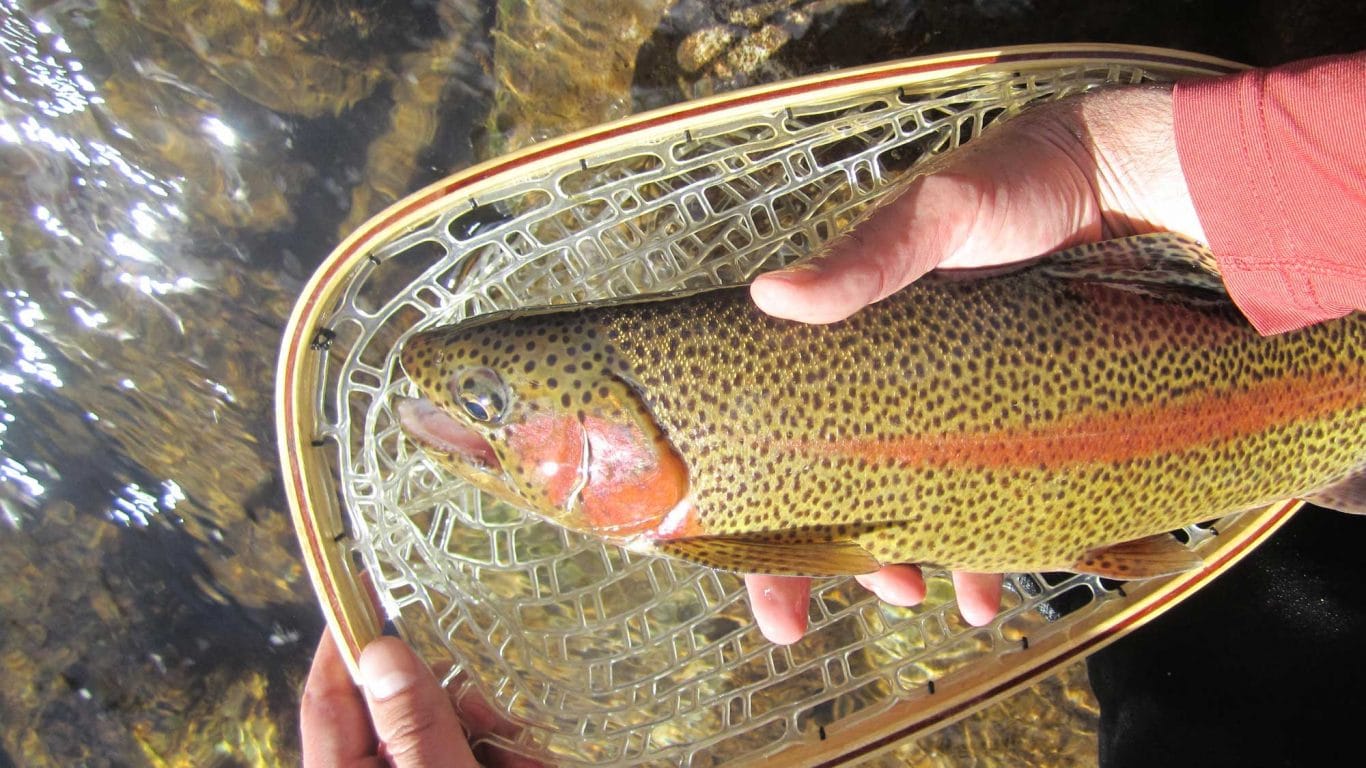Do you appreciate investing your energy in nature? Does sitting alongside a riverside or lake and listening to the natural sound of waves makes you feel good?
Provided that this is true, you should be familiar with fishing. There are a few different ways to do fishing. However, fly fishing is one of the fascinating methods of all. Fake flies made of synthetic materials are utilized to attract prey and draw fish towards them, and once they chomp, there's no returning into the water for them.
It doesn't make a difference whether you've recently taken up on this hobby or you're searching for tips to better your technique, we have you secured: we've gathered the best fly fishing tips.
So, continue reading this article, because you have a lot to share with you! Don't hesitate to utilize them as required and happy fishing!
Tips For Beginners To Follow
1. Ensure you are legally authorized for fishing
Have a permit and know the guidelines to the waters you intend to angle.
When you are certain that you consent to every one of the principles and guidelines only then move to the next stage of fly angling. Keep in mind each lake, or the river has its very own arrangement of rules for angling which are ensured by law, so it is indispensable that you learn them to maintain a safe distance from fines by the authorities.
2. Read your water
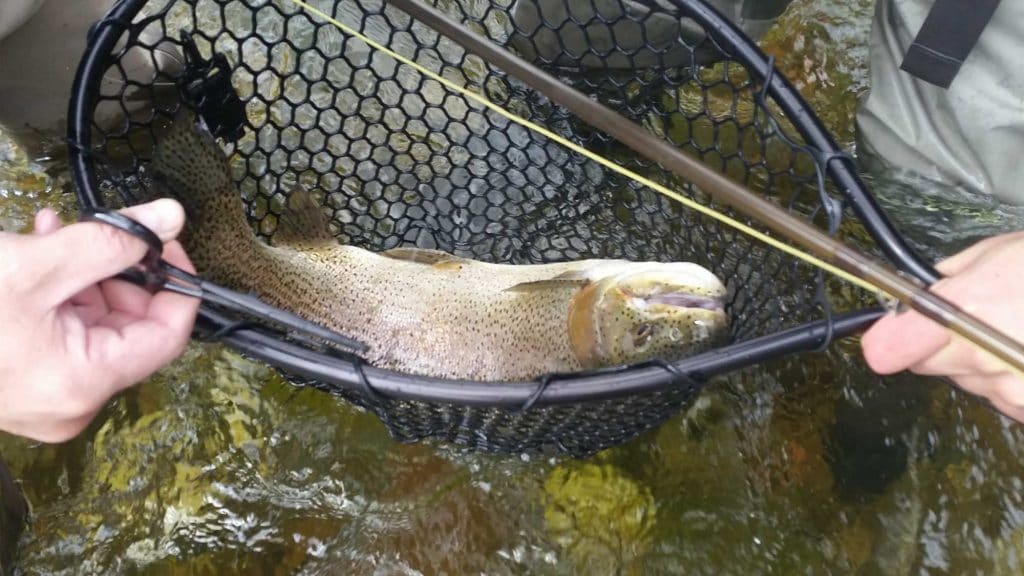
One of the key differences between a beginner and seasoned fly fishermen is their capacity to read water and know where the fish ought to hold. Although this knowledge comes with time, certainly a few tips can help you scan water.
- Fish Bubbles- If you see bubbles rising in the water, you should know that is the place where trout feeds.
- Fish Drop Offs-Look for territories that riffles drop into deeper water, fish will hang out on the drop-off.
- Fish Cover-Fish are always watchful for predators and will hang out behind rocks, around fallen trees, and under congested banks.
- Fish Seams- Fishes love seam and often found in that area.
3. Pick A Good Beginner Gear
When you are a beginner in fly fishing, it is recommended not to go for expensive gear. Rather, pick a starter pack that will be easy to use for you. Make sure the gear you choose is not sub-standard; it should give you a good feel in your hands.
- Fly Rod- Maybe the most basic apparatus in fly fishing. Normally, a 9' 5wt like the Douglas DXF is your best choice. In case you're focusing on bigger fish, utilize a heavier bar
- Fly Reel- This is of fundamental significance, without a fly reel, a fly rod is nothing.
- Fly line- is a fundamental apparatus on water
- Tippet- is helpful during long days on the water that include different fly changes.
- Flies- You're not going to trick a fish without a fly.
- Fly box- Boxes are utilized to arrange flies.
- Cap- A cap goes about as a shield to the components, including the sun, during fly angling adventures. Caps are a fisher's closest companion.
- Sunglasses- Shades help minimize glare and increment your odds of locating a fish.
- Footwear- Angling includes swimming or time on two feet, so good footwear helps.
4. Fly Lines And Rods For Beginners
Fly line: in an appropriate length. Most fishermen will start with little Stillwater angling, where a 9ft long 6 or 7 weight pole is perfect. For waterway trout, lighter poles in the 3 or 4 weight class will, in general, be liked, either short (7 or 8ft ) for littler, shaggy streams, or maybe 10ft for bigger, progressively vast waters.
Start with a basic WF (weight forward) drifting line to coordinate your bar's calculation.
5. It Takes Practice
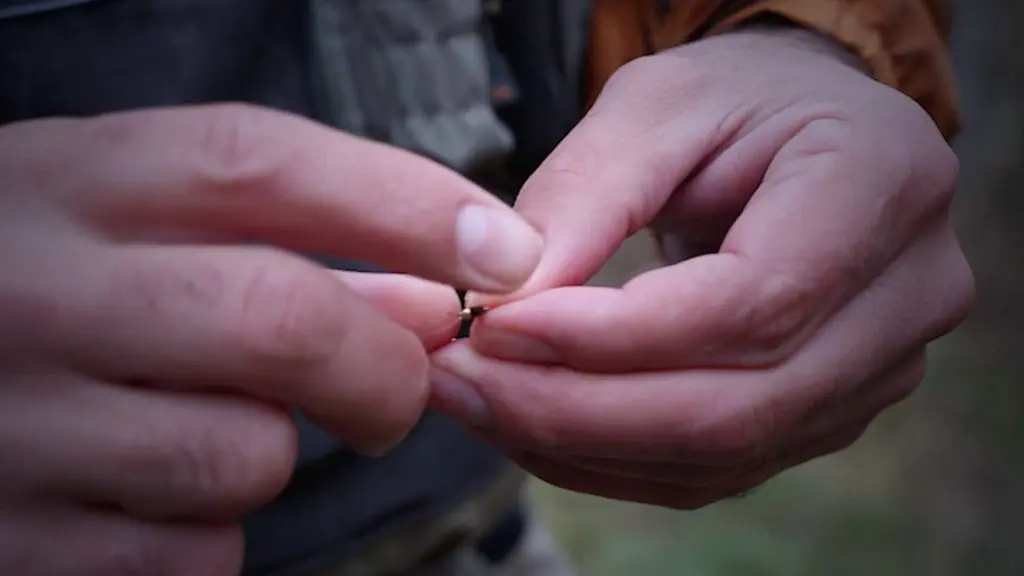
Casting is all about training and muscle memory. Bring a couple of excursions into the terrace before the stream to rehearse your throwing. Attempting to figure out how to cast while attempting to catch fish will be frustrating, so better to learn this before real attempt in the water.
However, become capable of the standard and move cast before taking off to the waterway. If you have bit practice in your background before the river, then believe it or not your first trip to the water will be rewarding.
Practice line mending on moving water. It will help you keep your fly still in the water which will not create drag. Drag is a hint of a fake fly for fishes.
6. Keep the Arc
The secret to landing enormous trout on a waterway isn't confused. Indeed, you are going to keep running into circumstances where a fish makes an unexpected charge, and it snaps you off.
One great tip for beginners is that after the hookup, keep up a steady curve in the fly pole, with the tip high. You need a solid, strong flex. If the fish needs to run, let him go, yet keep the solid curve in the bar, and everything else will deal with itself.
7. Safety first
Although fly fishing isn’t an extreme sport, injuries can still happen.
It can be risky you don't play it safe. The primary reasons are:
• Drown – Happen often wading beyond their knowledge of the stream depth
• Electric shock – bars are made of carbon or graphite and are good conductors, may catch lightning of a thunderstorm or as a course for overhead power lines to short out to the ground.
8. Know The Fishing Rules First
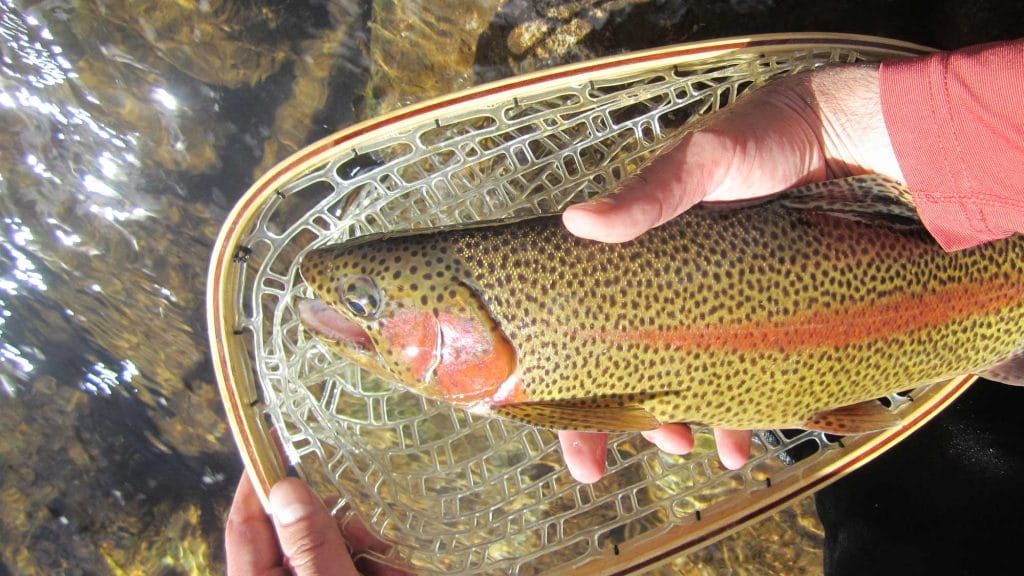
As a beginner, you need to learn your fishing etiquette. Whenever you visit a lake or river for fishing, make sure to aware of the rules and regulations first.
In some fisheries, it is obligatory to kill your catch like in trout-stocked lakes, and some places expect you to release your catch back into the water. So, always follow those rules.
9. Find A Guide Or Mentor
As a beginner fly fisherman, as opposed to putting resources into extremely costly fly bars and reels, put resources into three to four days with a guide. Tell the guide that you would prefer only not to fly fish, you truly need to figure out how to fly fish.
Instead of going out to fish, first, learn how to fish. Following three to four days, you can go out without anyone else and catch fish. It takes a desire to figure out how to fly fish.
10. Have Fun And Go Out More On Fishing
By getting out on the water often, you'll become a superior fly fisherman in no time.
Fly fishing is a brilliant leisure activity that can help open the entryway to some elating encounters. Indeed, even on the cloudiest, rainiest, most inauspicious days, the rush of reeling in an immense fish can't be beaten.
Regardless of whether karma isn't with you and you wind up discovering nothing, fly fishing is an incredible outdoor activity to escape from the busy life and spend some time close to nature.
